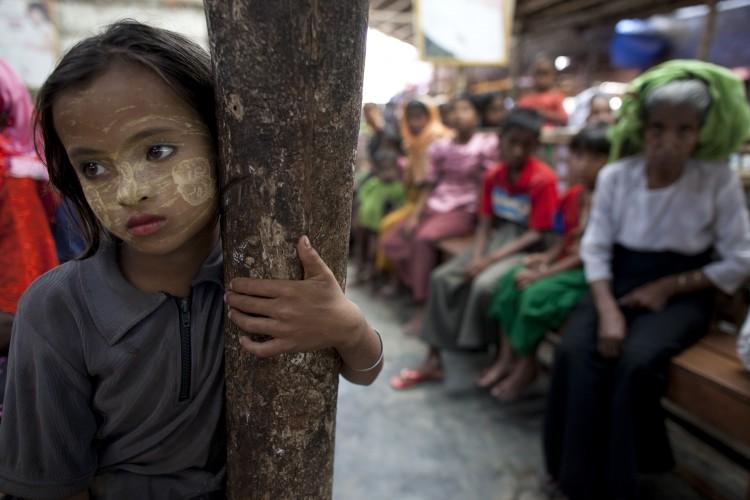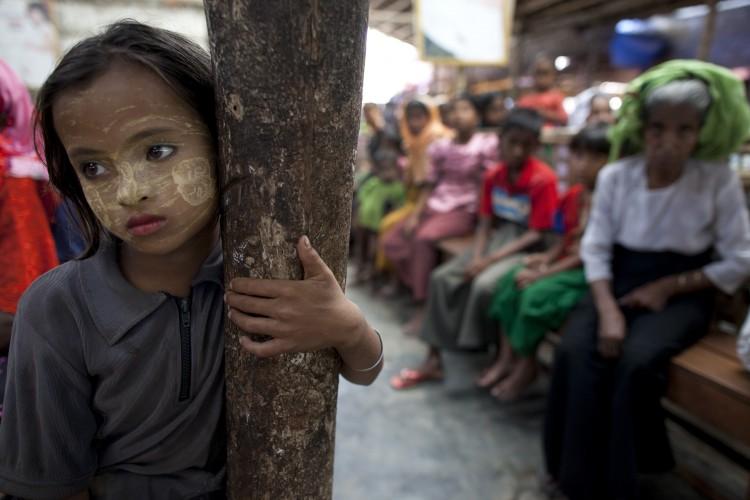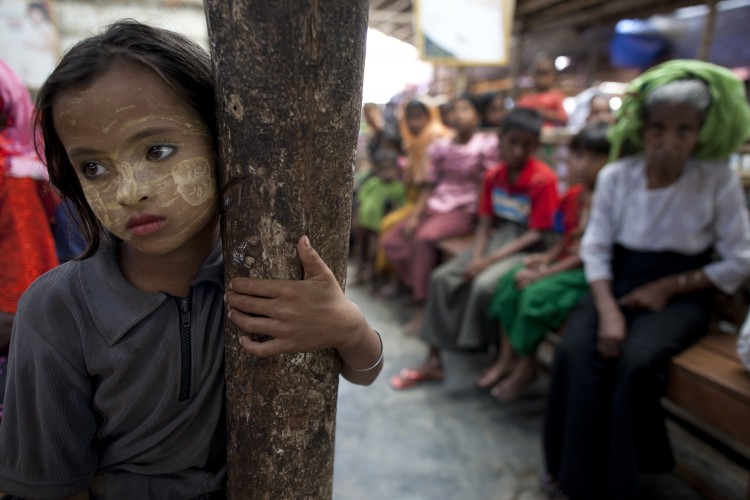After decades of oppressive military rule, and being shut out of aid money because of it, Burma is starting to see a shift in donor attitudes in the wake of recent political reforms.
Over the last year, the military junta in Burma (also called Myanmar)—presided over elections. Since then, the new civilian government has freed political prisoners and permitted a modicum of political participation by opposition groups. State media on Tuesday made the long-awaited announcement that by-elections for 48 open seats in Parliament will take place April 1. The country’s democracy icon, opposition leader Aung San Suu Kyi will run for one of those seats.
While these changes approach some of the conditions the Southeast Asian nation must meet to see Western sanctions lifted—the United States has been imposing some form of sanctions for human rights violations since 1993—so far it has not gone far enough to trigger the repeal.
However, aid agencies are reporting that donors seem to be reassessing their traditionally low pledges to Burma.
Because of economic sanctions, the Southeast Asian country only received around $5 per capita from overseas development agencies in 2010, according to a report published Wednesday by United Nations news service IRIN, citing the Organization for Economic Cooperation and Development. This is among the lowest levels of overseas funding for economic development.
However, Andrew Kirkwood, head of funding for the Livelihoods and Food Security Trust Fund donor association, told IRIN that in recent weeks, more grants and pledges have been forthcoming. The report notes, however, that donations are not explicitly being linked to political change in the country.
“We are now able to increase our implementing partners and expand to more townships,” Andrew Kirkwood told the service.
Kirkwood added that his association got grants up to $130 million in 2012, which is a $30 million increase from 2009 levels, but he said this is still not nearly enough for what’s needed in the impoverished country. “Aid to Myanmar has always been low, and remains extremely low, despite the increase,” he told IRIN.
In November, the Japan government said it will look at holding talks with its Burmese counterparts about resuming sending development aid that was cut off in 2003, IRIN reported.
The World Food Program (WFP) classifies Burma as one of the least developed nations in the world as well as one of the poorest in all of Asia, despite its abundance in natural resources. More than a fourth of Burma’s population is below the global poverty line while acute malnutrition among children under the age of 5 is almost at 9 percent.
And even though most of Burma’s rural population works in agriculture, food insecurity is higher among those living in rural areas compared with people in urban settings. The WFP attributes this to “the difference in food availability and economic access to food,” as well as natural disasters, which have been frequent in recent years.
Recent Reforms Not Enough
Burma on Wednesday celebrated its 64th anniversary from British rule, with former general-turned-president, Thein Sein, praising the military’s role in making the recent reforms possible.
He said Burma “is marching toward a democratic nation of justice and liberty” and also announced the release or reduced the jail time of more prisoners, according to state-run media.
However, Suu Kyi said Burma’s “changes have not come about as quickly as we had hoped,” according to Irrawaddy, a publication specializing on Burma based in Thailand. She said that the opposition is frustrated because only 30 political prisoners were released on Wednesday and several hundred are still imprisoned.
The U.S. State Department used Burma’s independence day as a platform to call out the government’s reforms, saying that it has not made nearly enough reforms.
State Department spokesperson Victoria Nuland said Burma needs to release all of its political prisoners, allow political parties to compete in national elections, protect freedoms of assembly, expression, and association, as well as stop ethnic conflict in several areas.
The Irrawaddy said that of the 467 prisoners released from Rangoon’s Insein Prison on Tuesday, only 34 were dissidents and “had little time remaining on their sentences,” citing a political prisoner activist group.
This week, the military attempted to take over a base held by the separatist Kachin Independence Army in Lwaigyai near its border with China, reported the Irrawaddy. In December alone, more than 150 separate clashes between the government and Kachin forces were recorded despite a recent presidential order to end hostilities.
Burma’s army “launched another heavy attack with support from helicopters,” said La Nan, a spokesperson for the Kachin army’s political party. “The base is located on the top of a very high mountain. Militarily, it is a very strategic location.”
This round of fighting between the government and the Kachin army started in June, forcing the displacement of more than 45,000 civilians in the area.







